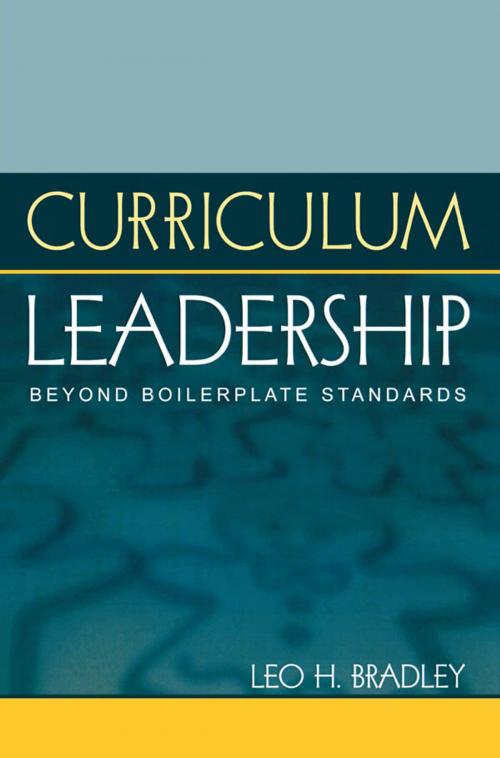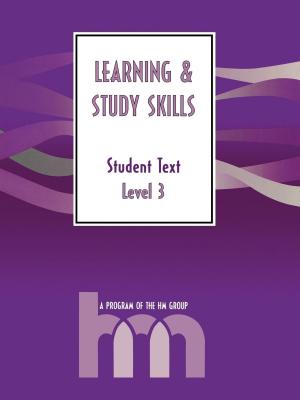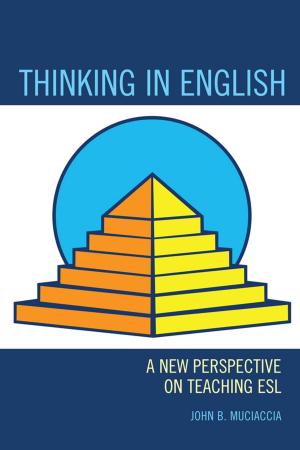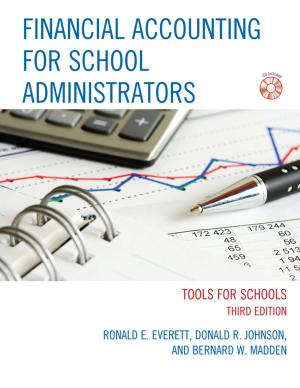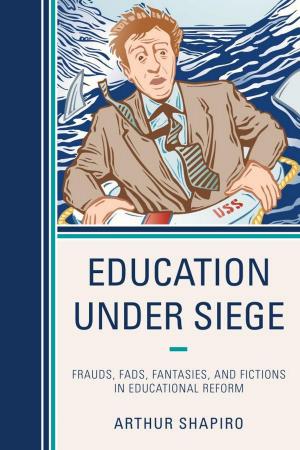Curriculum Leadership
Beyond Boilerplate Standards
Nonfiction, Reference & Language, Education & Teaching, Educational Theory, Curricula, Teaching, Teaching Methods| Author: | Leo H. Bradley | ISBN: | 9781461733546 |
| Publisher: | R&L Education | Publication: | November 5, 2003 |
| Imprint: | R&L Education | Language: | English |
| Author: | Leo H. Bradley |
| ISBN: | 9781461733546 |
| Publisher: | R&L Education |
| Publication: | November 5, 2003 |
| Imprint: | R&L Education |
| Language: | English |
Moving beyond alignment and national boilerplate standards, this book takes the position that curriculum and instruction are inseparable concepts from the institutional point of view, and presents strategies to ensure their congruency. To achieve student success it is imperative that educational leaders have superb knowledge and skills in curriculum and instructional leadership whether they operate from the central office or the building level. Bradley contends that paper and pencil tests to measure student achievement on basic and minimum skills will certainly remain as one criterion of school evaluation. However, the public and the educational community will continue to demand the maximizing of potential for all students as an evaluation component of equal value and importance. The educational leader of today and tomorrow will need the knowledge and skills to facilitate this two-pronged approach to student achievement through curriculum design, development, implementation, and evaluation. Curriculum Leadership has, as its purpose, the preparation of leaders to facilitate this process.
Moving beyond alignment and national boilerplate standards, this book takes the position that curriculum and instruction are inseparable concepts from the institutional point of view, and presents strategies to ensure their congruency. To achieve student success it is imperative that educational leaders have superb knowledge and skills in curriculum and instructional leadership whether they operate from the central office or the building level. Bradley contends that paper and pencil tests to measure student achievement on basic and minimum skills will certainly remain as one criterion of school evaluation. However, the public and the educational community will continue to demand the maximizing of potential for all students as an evaluation component of equal value and importance. The educational leader of today and tomorrow will need the knowledge and skills to facilitate this two-pronged approach to student achievement through curriculum design, development, implementation, and evaluation. Curriculum Leadership has, as its purpose, the preparation of leaders to facilitate this process.
